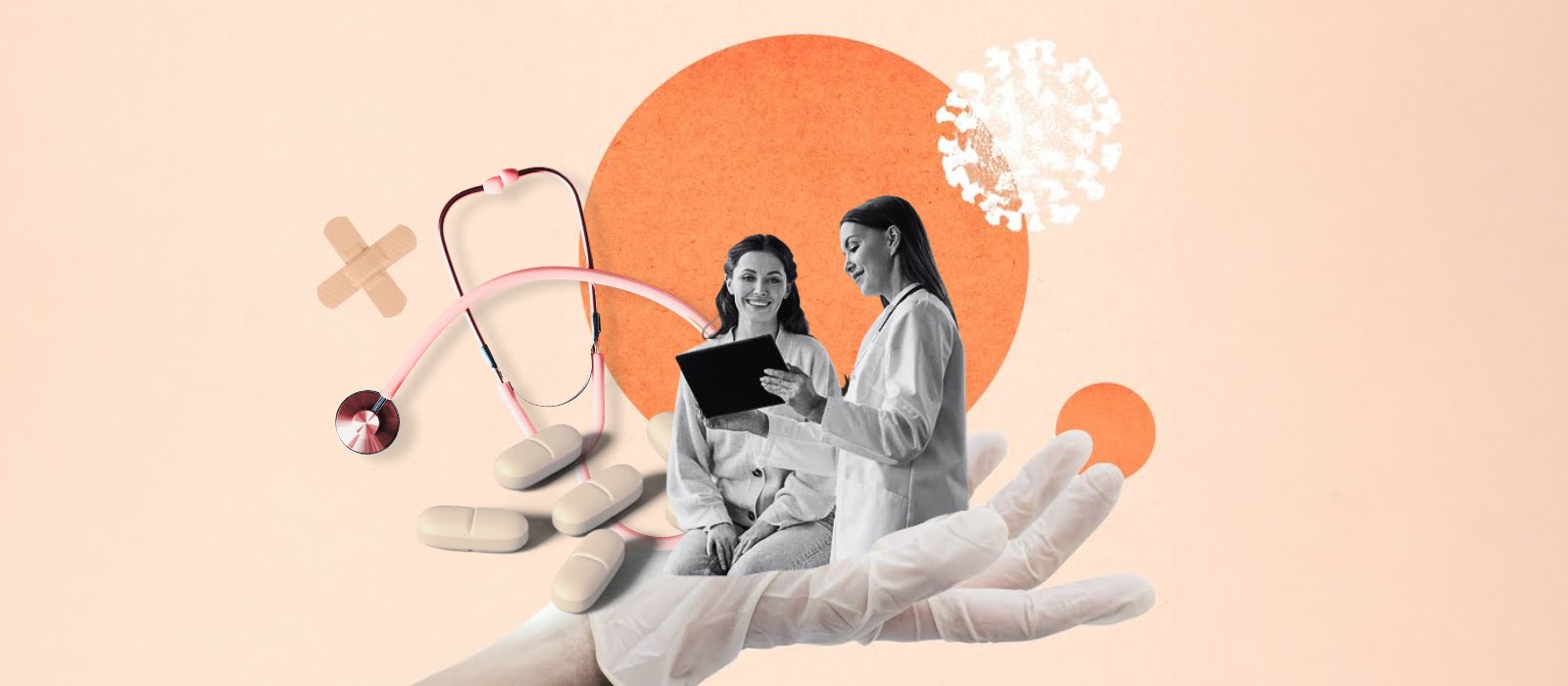Ask the Doctor: ‘Would a Spinal Cord Stimulator help with my degenerative discs?’
All your burning health questions answered by the professionals.
“I suffer terribly from back pain due to degenerative discs, which really impacts my daily life. I have been having injections in my back for a number of years to manage this pain. I used to get quite some time out of each injection but lately they have been working less and less. I have been Googling options, as I would like to put off surgery for as long as possible. I read about spinal cord stimulators and wonder if you could tell me anything about these? Is it worth trying something like this before taking the risks associated with spinal surgery? Are there any risks with trying a spinal cord stimulator?”

Answer from Mr Basabjit Das, Consultant in Pain Medicine, Beacon Hospital
Treatment recommendations for chronic low back pain commonly emphasise non-pharmacological measures, including physiotherapy and simple interventional pain procedures. Strong painkillers could result in detrimental long term side effects, and addiction is one of them. Spinal surgery is indicated only in a small number of patients with identifiable pathology in the form of significant disc diseases with spinal cord and or nerve compression. Some countries prohibit routine disc replacements or spinal fusion that have very little evidence for treating chronic low back pain.
Pain injections work very well for nociceptive pain, which is caused by wear and tear to body tissue, for example osteoarthritis of the facet or vertebral joints. Over a period of time tissue damage progresses and pain becomes more central, which is called neuropathic pain. Here, simple pain interventions cease to work, like in your case. Your back could become very sensitive and in fact pain injections that were working before could aggravate your pain. At this stage, a repeat MRI is indicated and most of the time no spinal surgery is required.
The descriptive terminologies for such pain include: non-surgical refractory back pain; maiden back; and virgin back. Spinal cord stimulation could be an alternative here. This is a minimally invasive, highly targeted, reversible and controlled therapy. The application of this modality may mitigate the rising use of unnecessary medications for coping with non-surgical refractory back pain.
A Spinal Cord Stimulator (SCS) device consists of a pacing wire or lead with multiple electrical contact points placed close to the spinal cord in the epidural space, which stimulates the cord in a therapeutic manner. It involves trial from 3-21 days with an external battery, followed by definitive surgery with an internal battery buried under the skin. This could be either rechargeable or non-rechargeable, and the latest one is MRI compatible. SCS therapy might not resolve pain fully, but makes pain more bearable.
SCS is worth trying before deciding on back surgery. Overall, risks are much less compared to more invasive spinal surgery. There are chances of infection (less than 1 in 20). There could be minor nerve damage, and very rarely, paralysis (less than 2 in a million). There is negligible chance of significant bleeding. Lead migration (less than 1in 10) could result in loss of therapy and revision surgery. Battery site pain (up to 1 in 3) could be troublesome in the beginning, but this settles with time.
I hope I have answered your questions, but please talk to your doctor for the best options and treatment for you and your needs.
Have a question for the professionals you’d like answered? Get in touch with sarah.gill@image.ie with the subject headline ‘Ask The Doctor’.



















